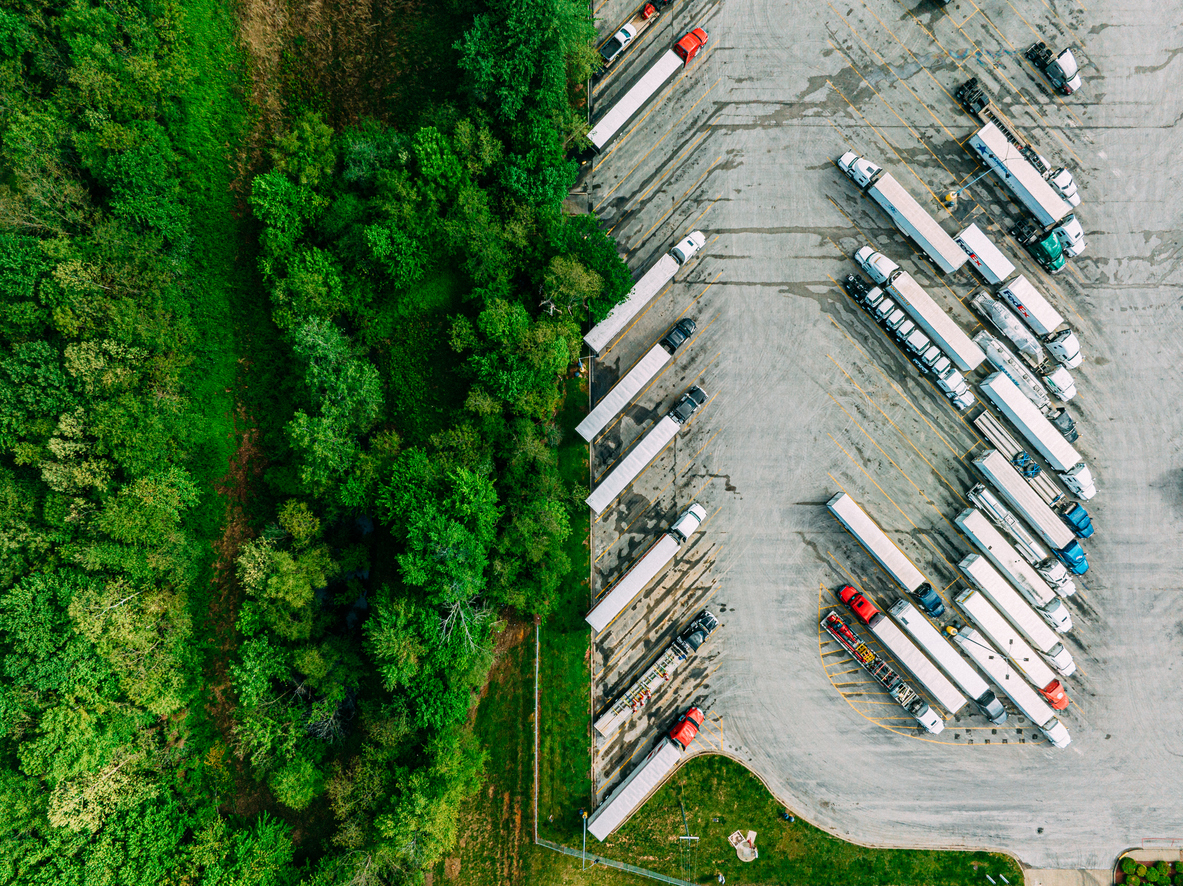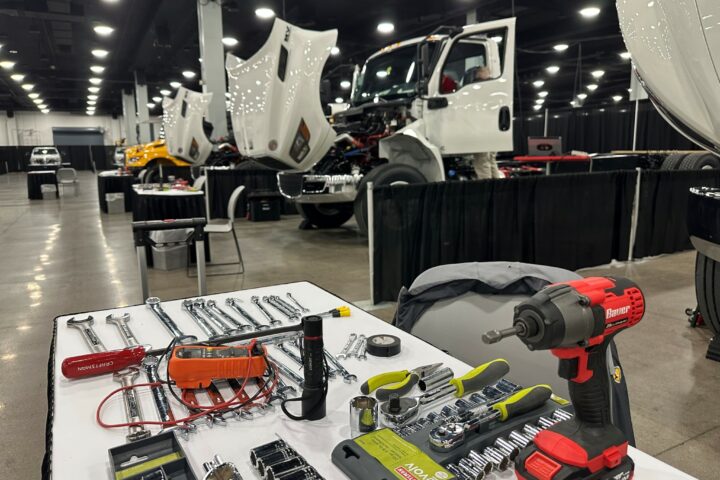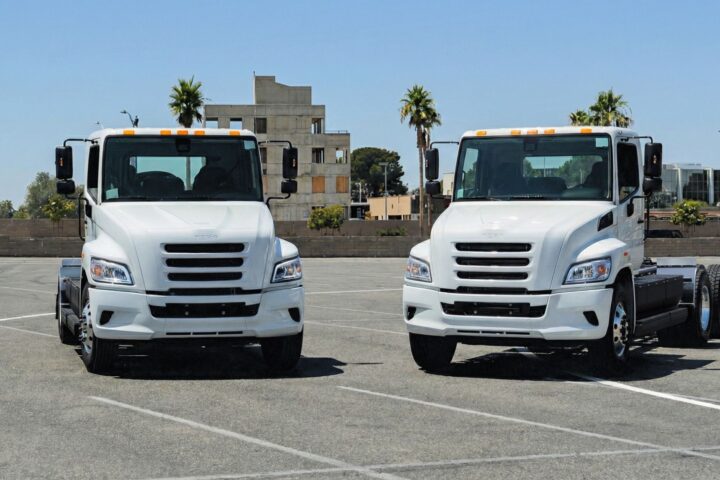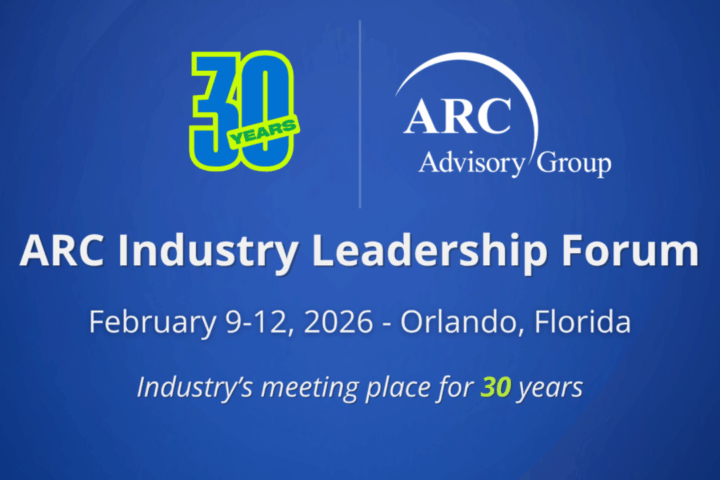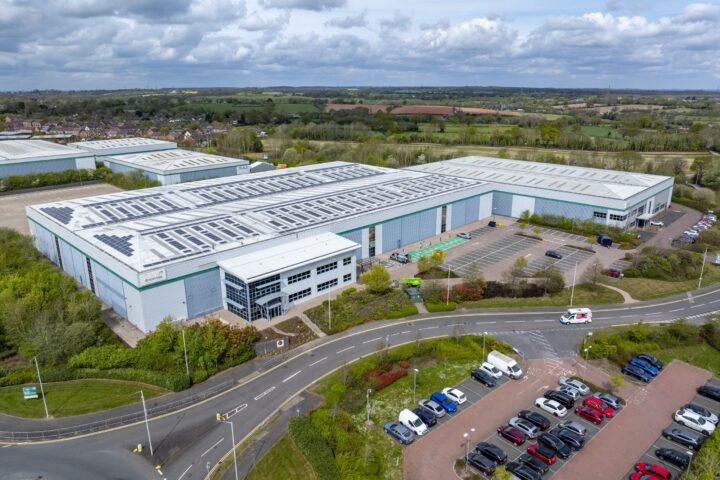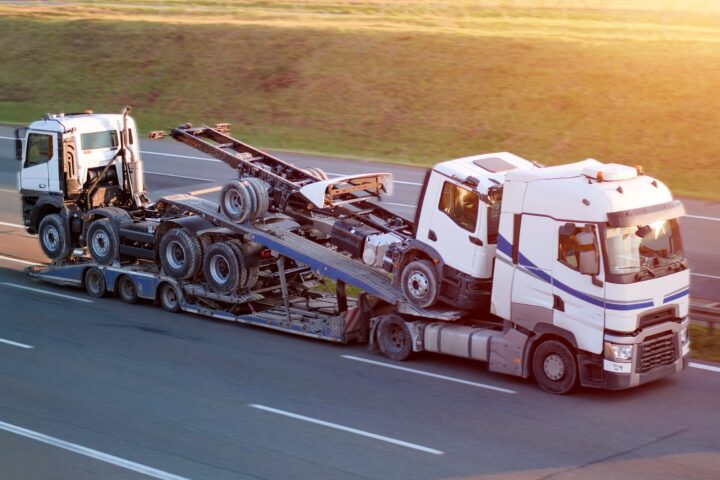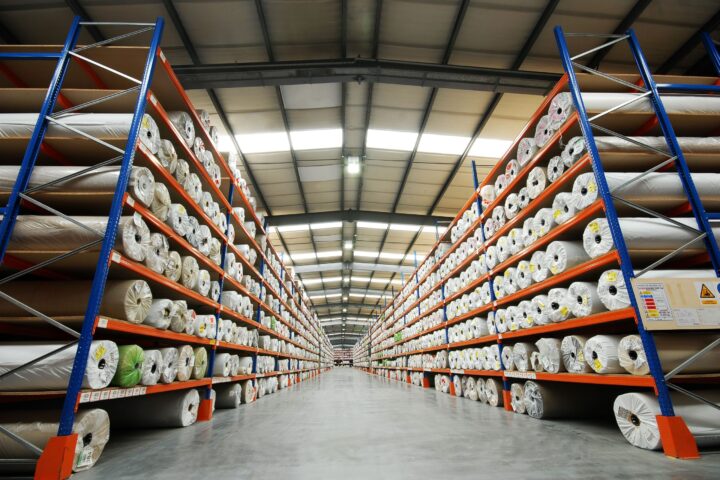The federal government is investing more than $21 million in clean technology projects that aim to reduce greenhouse gas emissions from medium- and heavy-duty trucks (MHDV) across Canada.
On July 30, Evan Solomon, minister of artificial intelligence and digital innovation, announced more than $21 million in funding for nine research, development, and demonstration initiatives under Natural Resources Canada’s Energy Innovation Program – On-Road Transportation Decarbonization stream.
Seven of the selected projects — totaling at under $19M — directly target trucking decarbonization, improving energy efficiency, and enabling infrastructure to support electric and hydrogen-powered heavy vehicles. This excludes a separate — nearly $5-million — investment into converting the City of Toronto’s 60 compressed natural gas (CNG) refuse trucks to operate on a hybrid-electric CNG system.

Natural Resources Canada said in a related news release the funding will accelerate clean technology development while strengthening supply chains and supporting Canada’s goal of transitioning medium- and heavy-duty vehicles to low- and zero-emission powertrains.
One of the largest grants — $5 million — will go to Vaughan, Ont-based Effenco, a Martinrea company, to develop and demonstrate an innovative zero-emission powertrain and charging system for electric MHDVs that lowers the cost of buying vehicles and addresses battery weight and dimensions limitations, according to a news release.
Another $5 million will support AlumaPower, which is piloting an aluminum-fueled galvanic generator to power EV charging stations, including Purolator’s Urban Quick Stop in Mississauga, Ont.
Betterfrost Technologies of Oakville, Ont., was awarded nearly $4 million to demonstrate a low-energy defrost and defog system for commercial electric trucks. The innovation aims to reduce startup defrosting time from 20–25 minutes to just one minute.
Toronto-based Elemental Trucks received $1.5 million to develop a 63.5-tonne hydrogen truck that improves on the cost and performance benchmarks of existing fuel-cell vehicles in the heavy-duty segment.

Also receiving $1.5 million is Toronto-based Inmotive, whose will develop an innovative transmission system that improves the range of electric MHDVs for the same battery size.
Two additional trucking-related initiatives are being led by Alectra Utilities in Vaughan. The first, AlectraDrive for Fleets, received just over $1 million to explore controlled charging and discharging of MHDVs to support grid efficiency and peak-demand management. The second, Energizing the Future With V2X, was awarded $900,000 to pilot bi-directional charging of light- and medium-duty vehicles and V2X applications to dispatch vehicle fleets strategically, reducing electricity demand in congested areas.
In a separate investment under the Green Freight Program, the City of Toronto was awarded $4.97 million to convert CNG waste collection vehicles to operate on a hybrid electric–CNG system.
“Sixty municipal waste trucks are becoming testaments to innovation: quieter on our streets, lighter on fuel, lower on emissions,” Solomon said in the release. “We’re enabling homegrown breakthroughs… that are driving electric vehicle performance, safety and reliability in uniquely Canadian conditions.”
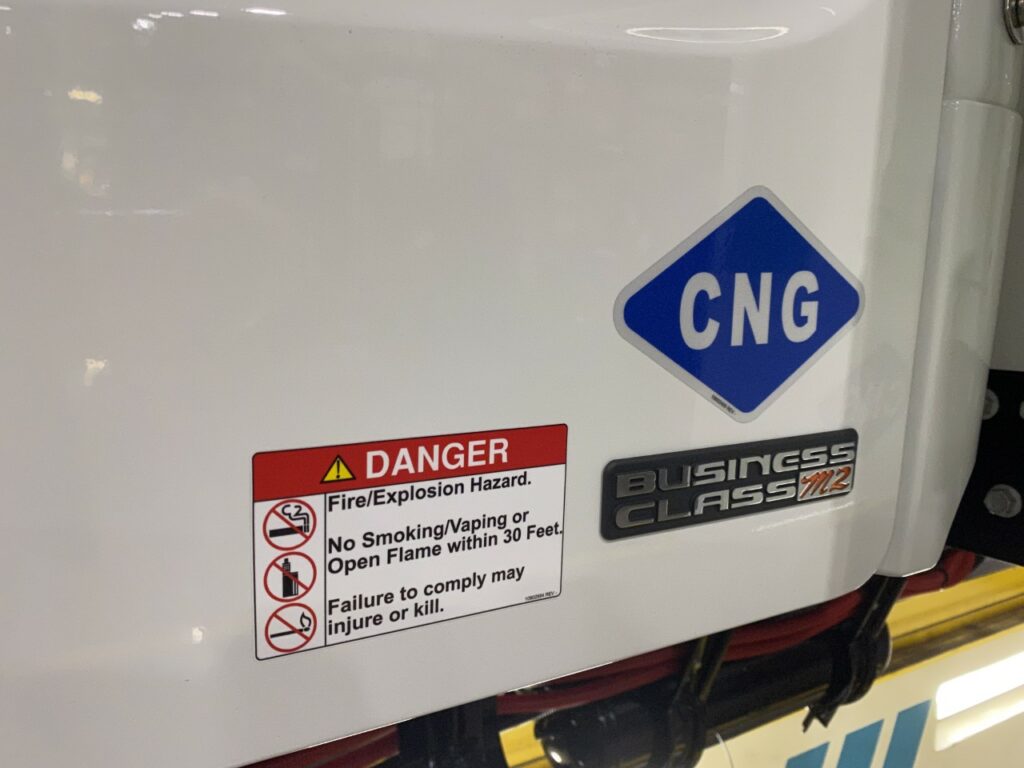
“Through these projects, Canadian innovators are creating and commercializing the emerging technologies we need for clean, sustainable transportation for our future,” added Tim Hodgson, minister of energy and natural resources. “We’re investing in Canadian ideas to accelerate emissions reductions from medium- and heavy-duty vehicles, which strengthens our supply chains and energy independence.”

